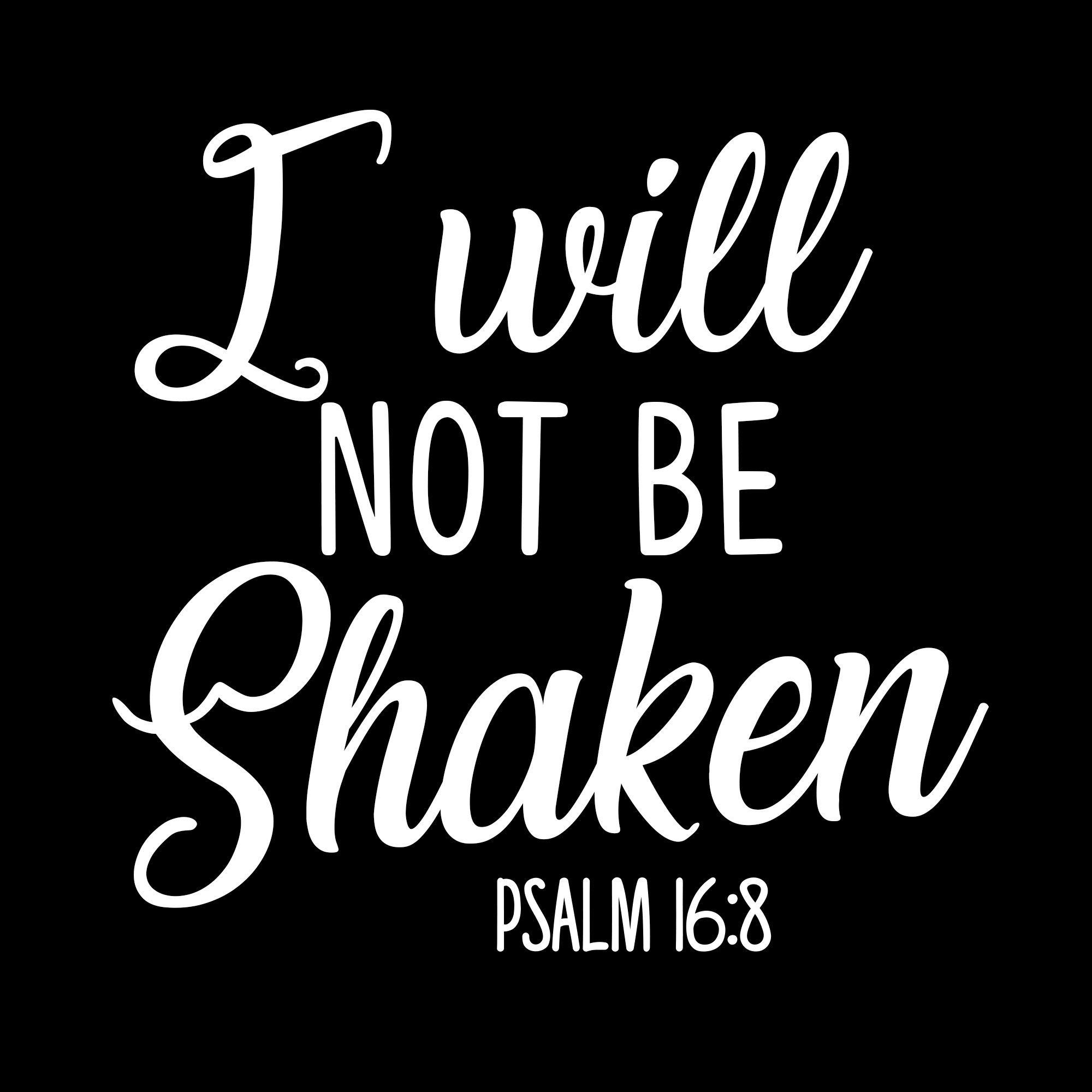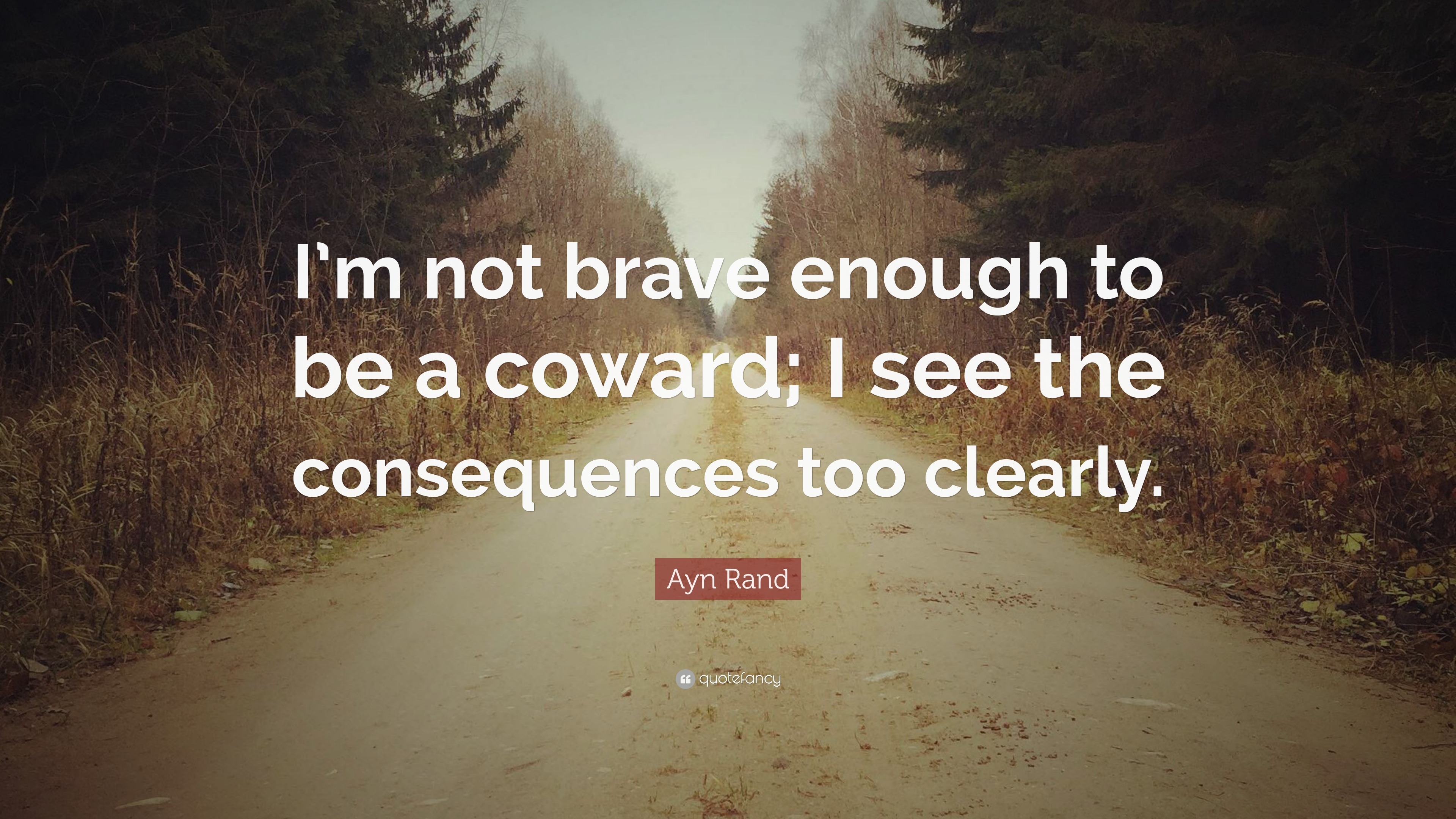Image credit: www.pixabay.com
Feeling short of breath? Feeling tightness in your chest? Is that coronavirus or stress or anxiety? Most people in our country right now are feeling some sort of anticipation around what's to come. But what exactly is the hazard head of us? And just how close is it?
What are we so afraid of?
There's a lot to keep us up at night. The threat of a lung-attacking virus, the rapid decline of our previously thriving economy, running out of supplies, children missing out on months of school, the constant social media bickering/shaming/bragging/joking, eating our way into a deep state of depression, the list goes on. And the biggest question of all is likely, how long is this going to last?
The most consuming stress is not that any of the above things could happen - many of them are already happening. The overwhelming stress comes from not knowing. For the most part we can manage difficulty but our brain is relentless in trying to define, predict, and control what is happening.
Brain states
On our best days, our brains toggle between thinking and feeling. This is important as we are a highly evolved and social species. We need both parts to function well as individuals and together as a society. And when danger looms, this is an essential response system that triggers quick processing to keep us safe, but also elicits big feelings that can sometimes feel out of control.
When the emotional part of our brain takes over, we struggle to think logically. This can skew our processing of a threat, activate big emotional responses, and increase our physical responses to stress. Those big emotions you're feeling are real, and so is the physical response. You're in a survival state and it's meant to protect you, even if it feels uncomfortable to be there.
Another aspect of our brains that we can't fight: our need to feel we are in control even when we aren't. This makes it difficult for us to sometimes recognize that we are in a survival state. Of course it's clear when we are crying, explicitly discussing our fears, or taking actions that mitigate the factors causing our stress. But there are other ways that we embody the effects of the survival state too.
Some of the signs are more attributable: being more short tempered, struggling to sleep, stress eating, and so on. But some are harder to correlate to looming stress. Among these are an increased need to be productive, doing these to make others feel good (more typically a need to make ourselves feel good), and oversharing on social media (seeking connection, needing to be seen).
Again, all of these responses are typical and real. So it's okay to be in your feelings a bit. Just don't sign a lease and get too cozy there.
Long term
For the most part, our when our brains respond to stress, it's short term: processing immediate threat, and responding quickly with a priority on our immediate safety. Eventually our brain and our body return to a normal state. These kinds of response and recovery cycles are healthy to a point (also called tolerable stress).
But one of the big risks in our current situation is that this might not be short term. When we have prolonged exposure to a threat (toxic stress or trauma) the physical effects and long-term impact is significant, it actually rewires our brains and through epigenetics has an multi-generational impact. We've seen this with other historical trauma most notably slavery and the holocaust.
The long term risk for us at the given moment comes with the duration of ill health, lack of access to food, insufficient health care and medical resources, unemployment, and so on. Layered on this is the impact of new and pre-existing conditions of anxiety and depression.
What we are seeing now is that all classes of people around the world are being impacted by this complex historical event. But, at greatest risk are the already at-risk people in our community, our front-line workers, people without social safety nets; the people who have been at the bottom and are increasingly marginalized in this scenario. The threat of our current situation for certain groups is intense, traumatic, and potentially fatal.
More on this in my next post: "Who's invited to the lifeboat?"




